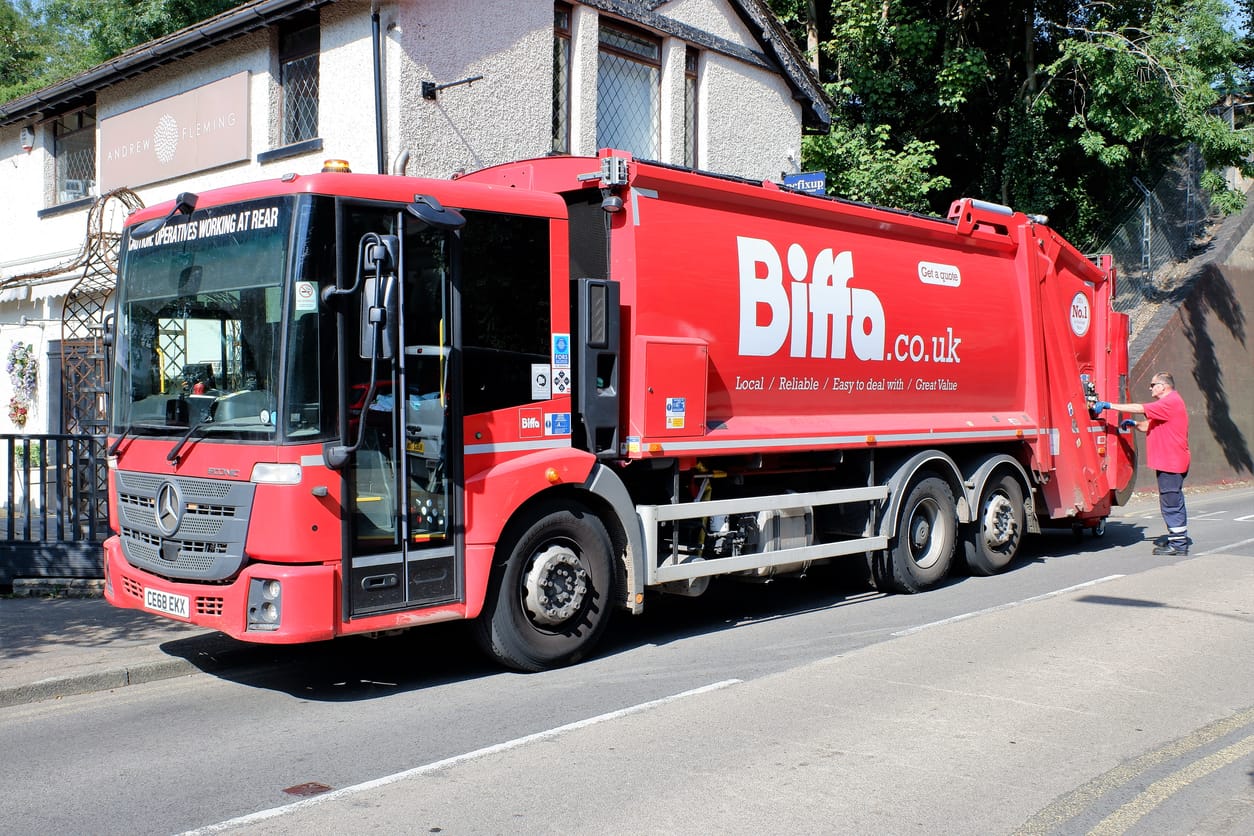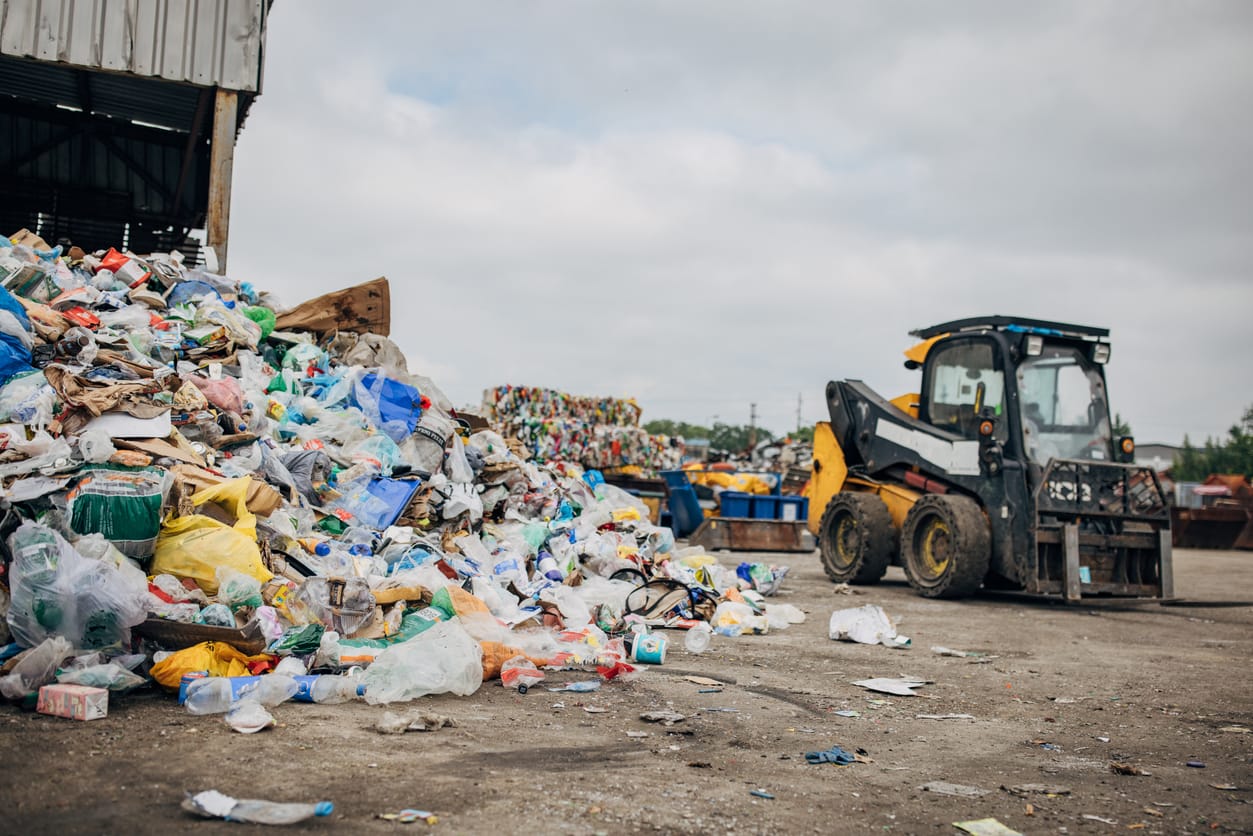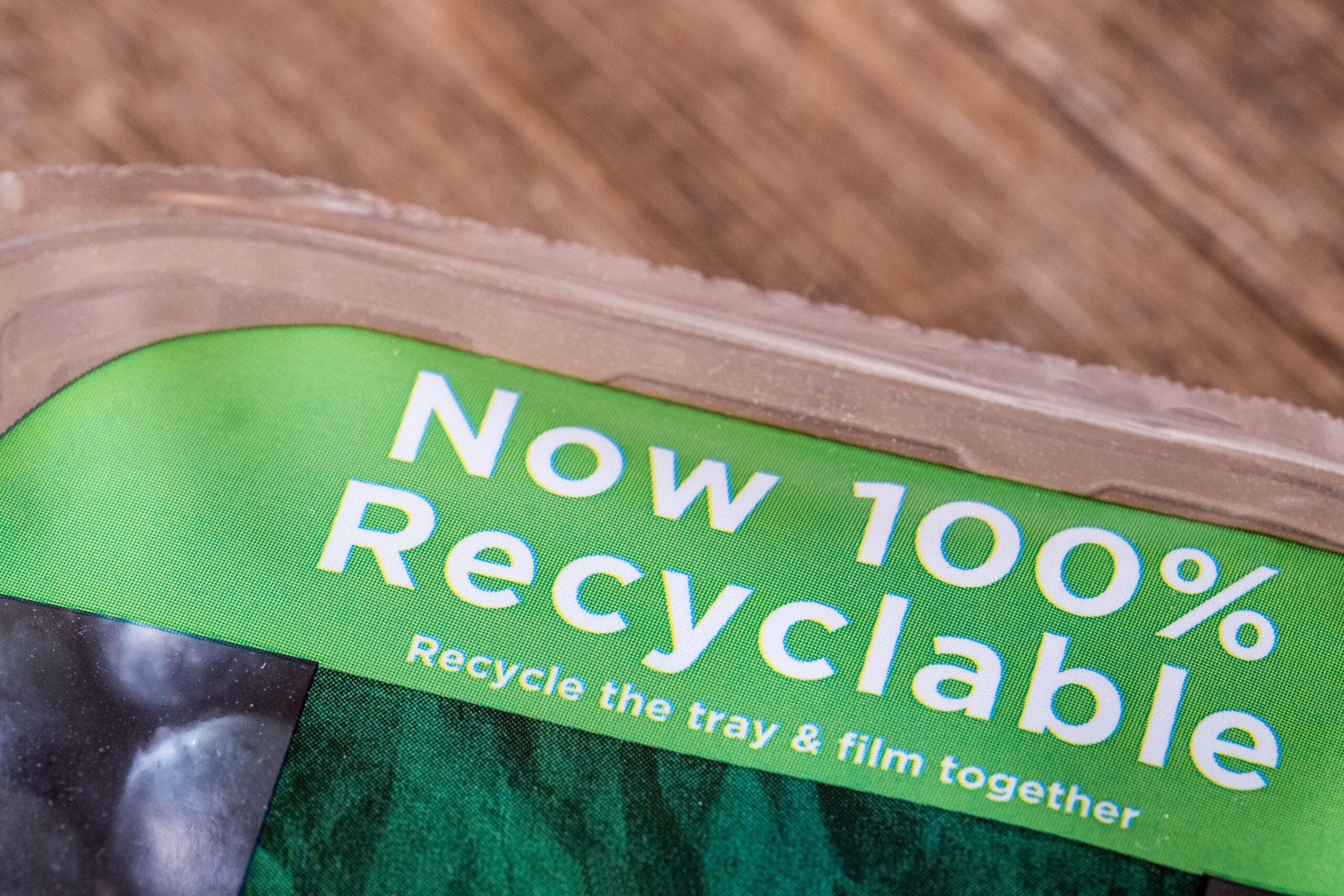Pick from our related articles...
You can find us on
Keep yourself up to date with Let's Recycle It latest news
Domestic Plastic Recycling Rates Could 3.5x by 2030, Says Report
Earlier this year the British Plastics Federation (BPF) published its ‘Recycling Roadmap’ report that detailed the organisations waste management vision for the next decade. This report outlined a route to increasing the amount of domestic plastic recycling in Northern Ireland and across the UK in 2030 by as much as three-and-a-half times the 2019 levels.
There have been a number of events over the last few years, such as Brexit and China banning plastic waste imports, that have impacted the process of exporting plastic waste. The BPF report argues that these changes will force action to be taken to significantly increase our domestic plastic recycling capacity, and that this will require commitment from both the government and big businesses over the short- to medium-term.
It is estimated in the report that by 2030 potentially as little as 1% of the plastic produced across the Northern Ireland and the UK will be sent to landfill, and that the rate of plastic we recycle internally could increase by as much as three-and-a-half times the rate in 2019. As well as this, the amount of low-quality plastic waste being exported could be reduced to zero. These estimates are based on the assumption that the government and big businesses will get behind these objectives and make the investments and adjustments necessary to realise these projected figures.
The Department for Environment, Food and Rural Affairs (Defra) will need to make this a core component of the Resources and Waste Strategy if it is to be achieved. The Local Government Association described the current set of rules around residential waste collection and handling as a “smorgasbord” that confuses residents and leads to the contamination of materials. A universal waste collection framework that applies to all local authorities and clearly sets out the proper procedures for waste disposal and collection is one of the major steps required in achieving the BPF’s 2030 waste management goals.
The BPF report also says that households need to be supported more in their recycling of durable plastics, such as car parts and electronics housings. The latter, known as E-waste, has even had new regulations introduced banning PC and ABS plastic from being used in TV housings and other electronics products as these materials release toxins and inhibit the recycling process. E-waste is the fastest growing waste stream globally, but recycling rates have stagnated over the last five years.
Defra is also being pressured to commit more funding to investment in new recycling technology. The report estimates that the amount of material being processed could increase by 60 times the current levels if investing in mechanical and chemical recycling is increased, which would also be a much-welcomed boost to the Northern Irish and UK domestic plastic recycling industry that would create many new jobs. However, the ability to process hard-to-recycle items is absolutely paramount if we want to see this happen.
The Recycling Roadmap report claims the government will need to broaden their area of attention to include plastic waste from businesses, rather than focussing too heavily on household waste. Certain industries such as agriculture and construction need more attention than others, as these sectors are plastic ‘hotspots’ where use of the materials is high but the recycling rates are low. We need legislation that obliges businesses to make decisions about their waste based on the sustainability of the outcomes, rather than simply based on which is the lowest cost option for them.
The BPF estimates that if countries focus on their plastic recycling sectors as part of their COVID-19 economic recovery plans, then the world-wide market could be worth around £31bn by 2025. This is a strong incentive for both businesses and government ministers to want to increase the UK’s domestic plastic recycling capacity to increase the UK’s share of the growing recycling market.
Philip Law, the director-general of the BPF, said, “With the right collaborative effort, we have the potential to be a leading light when it comes to rapidly developing the technology and infrastructure to recycle far more plastic.”
Domestic Plastic Recycling
Since Blue Planet 2 aired in 2017, the general public has become increasingly more aware of and concerned about plastic use, as well as more sceptical of the current state of the domestic plastic recycling industry. This has been and will continue to be for the overall benefit of recycling companies, as it has forced people to confront the effects that our current plastic waste disposal practices will have on generations in the future. There are particular concerns over hard-to-recycle items such as black plastics and flexible plastic films, the majority of which are sent for incineration, as well as over the limited number of life cycles plastic can go through even when it is recycled.
Packaging reuse and refill systems have seen growth in popularity within some sectors, but they are still far from mainstream; fewer than 2% of the largest global consumer brands offer reusable packaging. In addition, many businesses and interest groups raise concerns around food safety and cost-effectiveness when it comes to reusable packaging schemes.
With these drawbacks in mind, the BPF Recycling Roadmap report concludes that investment in new recycling technological innovation is the most practical and cost-effective long-term solution to increase the UK’s plastic recycling capacity. Following investment from the government and companies such as Nestle, Tesco, Henkel and Unilever, recycling and sustainability media giant Edie have even named chemical plastic recycling as one of its eight innovations to watch in 2021.
Here at Let’s Recycle It LTD, we have been calling for the government to support recyclers for years. We understand that a future without plastic is not practical, as the material is far too advantageous. Plastic is very cheap and highly versatile; these qualities in plastic is why it has been able to make essential products and services like food and medical treatment affordable and readily available to everyone.
We should not be looking at how we can do away with plastic altogether, but at how we can invest and make changes to begin using this material as ethically and as sustainably as possible. We work day in day out to ensure that the UK’s plastic waste is handled responsibly and sustainably, and with more government backing we would only be better able to do our job.
Let’s Recycle It supports the BPF Recycling Roadmap report, and we encourage other companies and government at all levels to do the same.
Follow us to stay up to date on our latest news
If you would like to receive our newsletter to keep up to date with Let’s Recycle It news and to receive marketing information regarding our services, please let us know:


